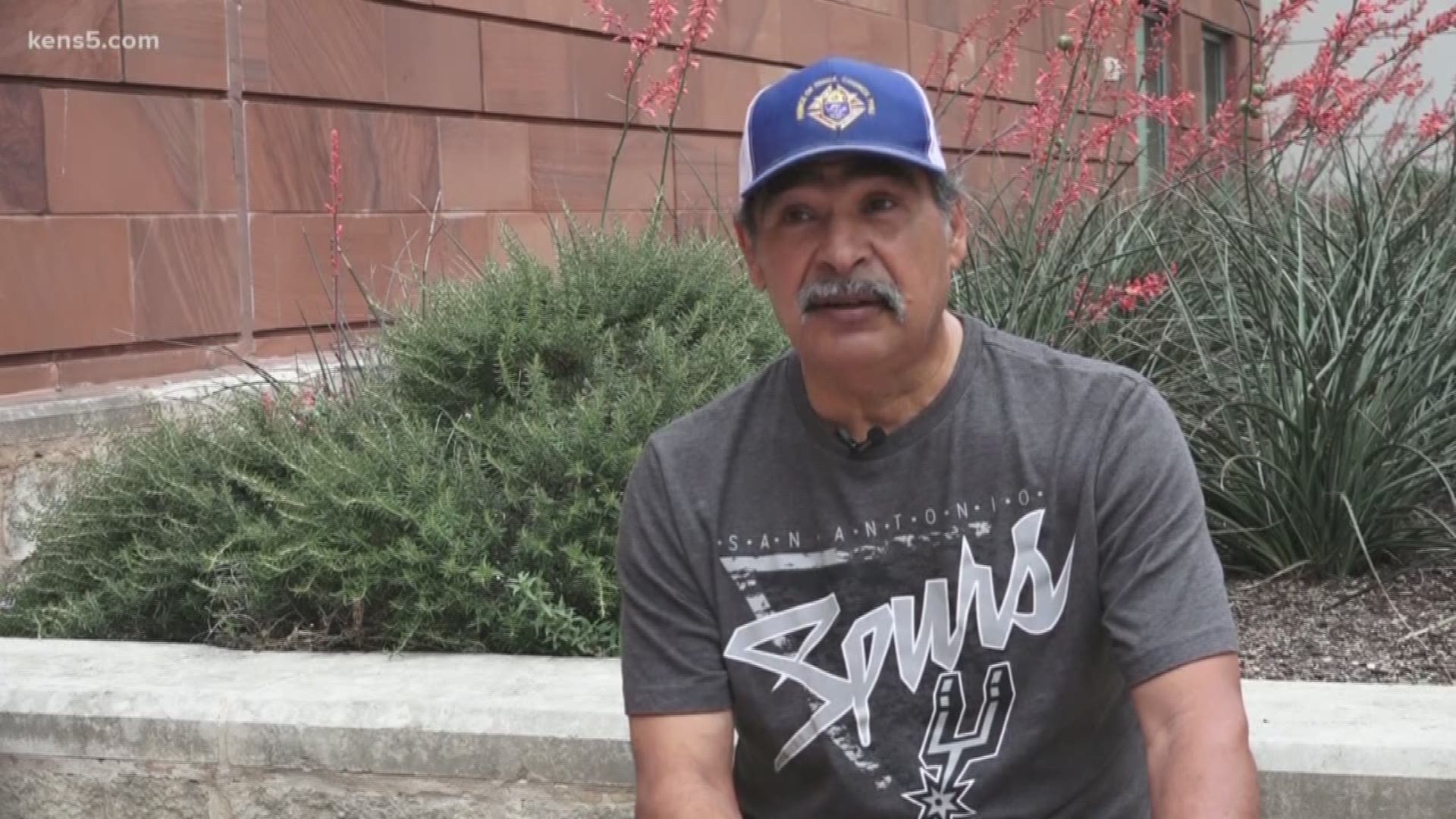SAN ANTONIO — Strokes are the fifth-leading cause of death in Americans, according to healthline.com. The rates of strokes are declining for most groups, but for Hispanics it is actually rising.
"I was very scared. I was in shock. I could not believe it," said 63-year-old Mario Herrera, referring to the moment he had a stroke last November. "I decided to go to bed, and as I laid down I started coughing and asked my wife to give me a glass of water. And I could not grab the glass of water."
His wife recognized the signs and called 911 immediately.
"As soon as the guys got there they noticed that my face had some problems," he said.
Dr. Lee Birnbaum, director of vascular neurology at University Hospital, said the quick actions of those around him played a huge role in saving his life.
"With him being identified probably within 30 minutes of a stroke, EMS on the scene within 30 minutes, identifying that he had this particular type of stroke that we call large vessel occlusion. The sooner that patient gets to us and we can offer treatment and therapy, the better the outcomes," Birnbaum said.
He added that with those severe types of strokes, some are treated with an IV clotbuster. But not in Herrera's case.
"The procedure where we do catheterization and we treat the clot is called a thrombectomy, or a mechanical thrombectomy," Birnbaum said.
Herrera's angiogram showed the before-and-after of the mechanical thrombectomy. Before, you can see the middle cerebral artery is blocked, but after the procedure blood is able to flow beyond where the blockage was—once again supplying blood to the rest of the brain.
"I was so fortunate that these gentlemen were able to bring me here within an amount of time to be able to do the procedure that they did on me to prevent additional damage," Herrera said.
He was back on his feet the next day, and now says he's, for the most part, back to normal.
"I'm pretty much at 95% in my functions (and) my mental capacity, and my confidence level is a lot higher because I'm playing golf something I enjoy doing."
For more information about family health call (210)358-3045. You can also find the rest of our Wear The Gown stories here.

